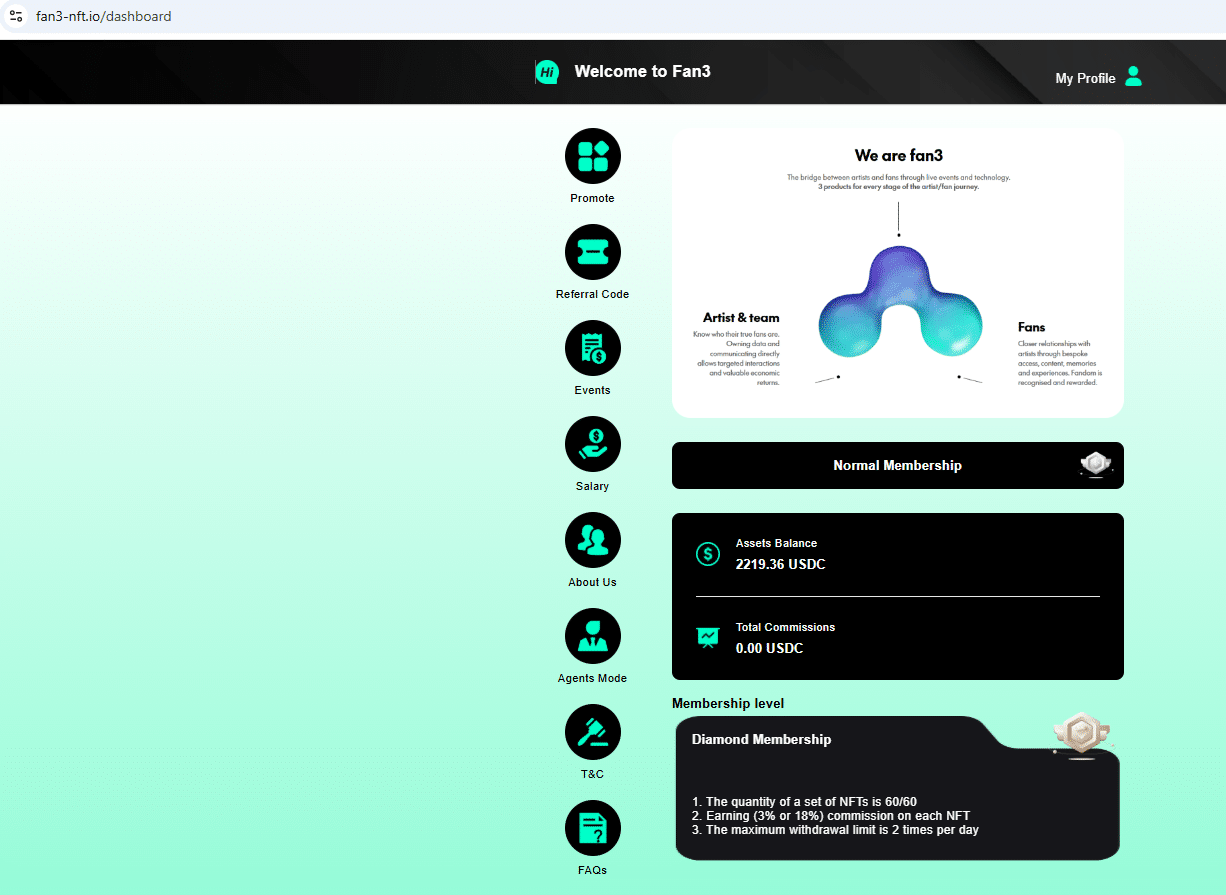Introduction:
Introversion was often perceived as a disadvantage in the fast-paced, extrovert-dominated corporate world. However, times are changing, and the value of introverted qualities, especially in roles like business analysis, is gaining recognition. Today, I’d like to share a personal revelation: being an introvert is not just okay; it’s actually a significant advantage in my role as a business analyst. The reason? The heart of business analysis lies in active listening, a skill where introverts naturally excel.

The Misunderstood Introvert:
Introverts are often misunderstood. They’re not necessarily shy or antisocial; instead, they tend to process information internally, think before they speak, and feel energized by spending time alone. These traits, once seen as drawbacks in a collaborative environment, are now being recognized as assets.
Active Listening: The Core of Business Analysis:
Business analysis is fundamentally about understanding needs, identifying problems, and finding solutions. This process begins and ends with effective communication, and at its core is the skill of active listening. Active listening involves fully concentrating on what is being said rather than just passively hearing the words. It means engaging with and processing the information, asking insightful questions, and providing thoughtful feedback.
Why Introverts Excel at Active Listening:
- Thoughtful Processing: Introverts naturally process information deeply. They tend to reflect on what they hear, which helps in understanding complex business needs and challenges.
- Quiet Observation: Introverts are often observant, picking up on non-verbal cues and underlying messages in conversations. This ability can uncover hidden issues or concerns that might be missed by others.
- Creating a Safe Space: The calm and reflective nature of introverts can create a comfortable environment for stakeholders to open up and share their thoughts and concerns without feeling overwhelmed or pressured.
- Focused Attention: Introverts are less likely to dominate conversations, which means they can focus more on listening and understanding the speaker’s point of view.
Leveraging Introversion in Business Analysis:
- Prepare for Meetings: Use your preference for preparation to come into meetings with well-thought-out questions and a clear understanding of the objectives.
- One-on-One Engagements: Leverage your strength in smaller, more intimate settings to build deeper connections and understanding with stakeholders.
- Written Communication: Utilize your inclination towards written communication to document insights and share detailed analysis.
- Quiet Leadership: Embrace your ability to lead quietly, influencing through insights, analysis, and thoughtful suggestions rather than outspoken assertiveness.
Conclusion:
The evolving corporate world is beginning to appreciate the diverse strengths individuals bring to the table. As an introverted business analyst, your natural inclination towards deep thinking, observation, and active listening is not just valuable; it’s essential. It’s time to reframe the narrative around introversion and recognize these traits as the superpowers they truly are in the realm of business analysis.
Are you an introvert in a business analysis role? Share your experiences and how your introverted qualities have helped you in your career. Let’s continue the conversation and celebrate the unique strengths we bring to our roles.




